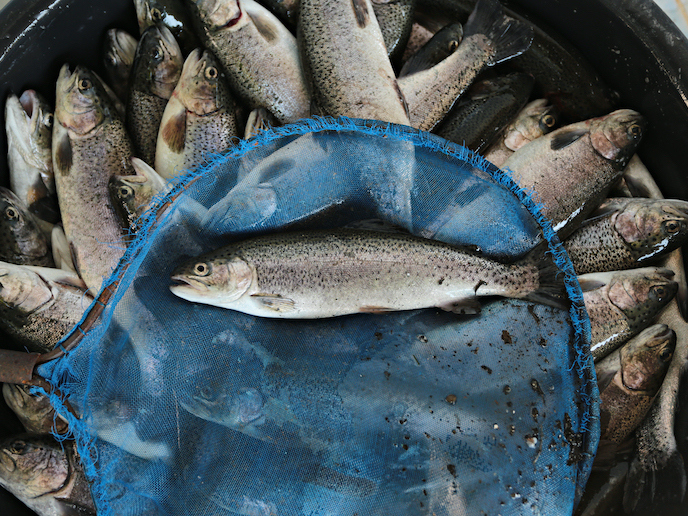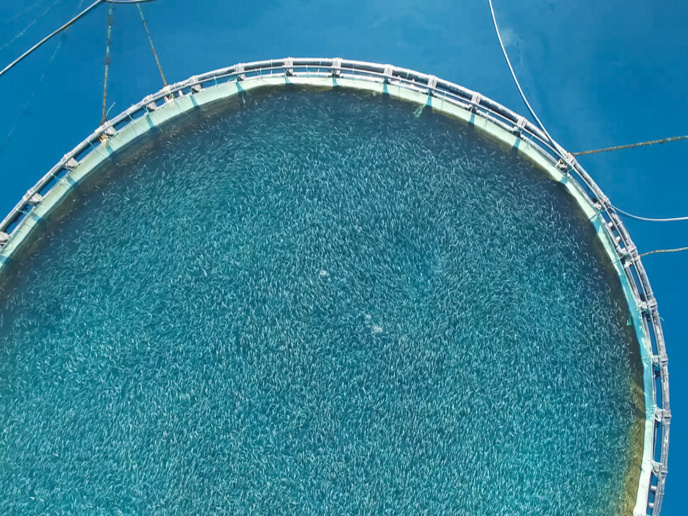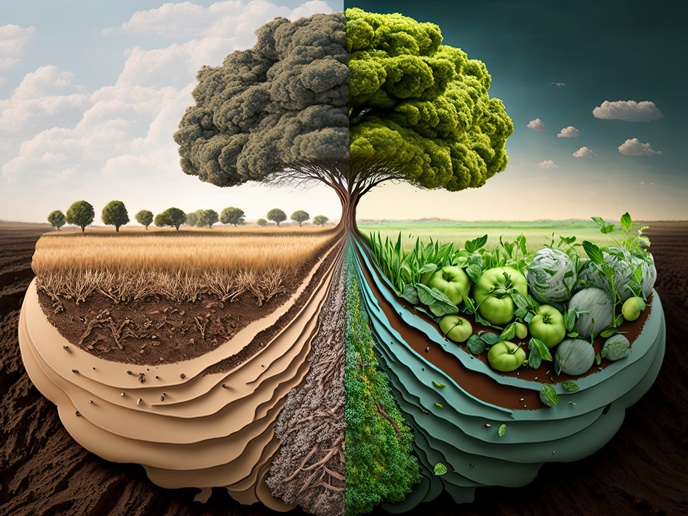A serving of garlic can help keep farmed fish healthy
The average European eats their way through 25 kg of fish per year, 1.3 million tonnes of which is produced through aquaculture in the EU(opens in new window). The antibiotics used in fish farms to control disease and promote growth pose a risk of antibiotic resistance and environmental pollution. The EU’s AQUAGARLIC project seeks to bring more environmentally friendly alternatives to the EUR 1 billion fish feed market. “We aim to develop a product based on sustainable, plant-based sources,” says project coordinator Enrique Guillamon, “by using compounds naturally present in garlic and onion for therapeutic purposes in agriculture.” Around 50 % of the EU aquaculture market by value(opens in new window) is derived from caged marine fish such as salmon. The crowded conditions and intensive rearing in these pens can result in outbreaks of disease that lead to steep economic losses, posing a threat to human health.
Nutritional supplement
AQUAGARLIC is a new feed additive developed by Spanish company Domca(opens in new window) that can prevent microbial disease and reduce the incidence of parasites in farmed fish. It is based on organosulfur compounds that are extracted from allium plant species such as onion and garlic. Spain is the biggest producer of these two crops in Europe. Harvests deemed unfit for human consumption are typically sold as animal feed, and AQUAGARLIC offers the potential to convert this into a high-value nutritional supplement.
Taste test
Unlike antibiotics, the organosulfur compounds only become active once metabolised by the fish, meaning they are safer for the environment. The extract does not affect the flavour of the fish either. “We have analysed trout and no residue of the compounds was found in the animal tissue,” adds Guillamon. “We have cooked trout and also have conducted several preliminary sensory trials with other foods from animals, such as milk and eggs, and haven’t found any problems.” Domca already sells allium-based feed additives(opens in new window) for terrestrial farms. “We are specialists in these compounds, we’ve studied the chemistry of allium species and the bio-properties of these compounds for 20 years,” notes Guillamon, who acts as the company’s technical director. The project received support from the EU’s Horizon 2020 programme to undertake a market feasibility study. “This kind of funding is critical to make the developments necessary in the product,” adds Guillamon. “If we didn’t have this funding it would have taken 10 years, because we are a small company and our resources for R&D are limited.”
Research partners
Guillamon also cites the cost of navigating regulatory hurdles as well as the difficulty for a Spanish company to operate when research partners are typically located in northern Europe. “There are two or three companies that control by 80-85 % of feed additives for fishes, and we would not be able to compete with them without this kind of funding,” he explains. Domca has already held successful trials in Latin America, although Guillamon says further research is needed to prepare the feed additive for European buyers. “Conditions in Chile are very different from Ireland or Norway, and European salmon are affected by different parasites and pathogenic microbes than Chilean salmon,” he adds. Domca now intends to apply for Phase II funding to bring AQUAGARLIC to market in the EU.







